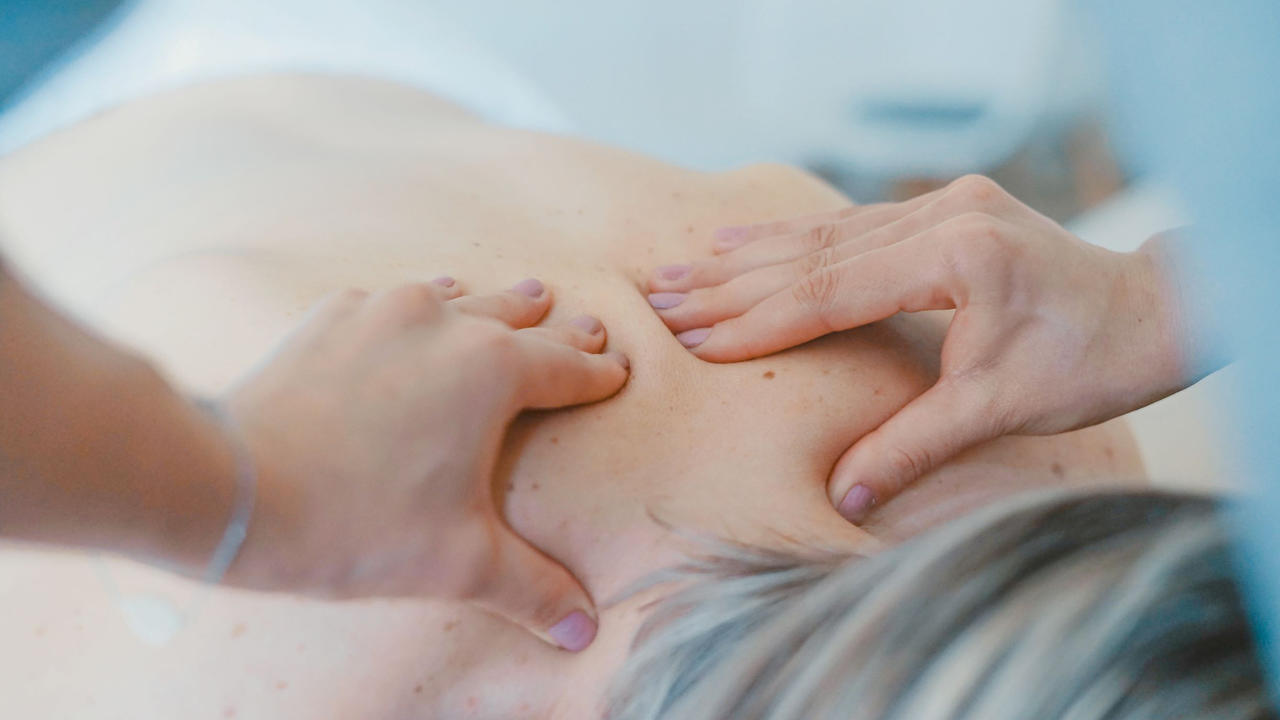Achy joints over 50? The causes may suprise you.

This week goes out to one of my favourite Age Sisters, Gail, who asked me to write about the association between menopause and joint pain. I have to be honest - these are two things that I had never linked together. Intrigued, I set out to find out more about the pain and menopause connection.
The research
When I searched through the research, what I found was a collection of studies about something called “menopausal arthralgia”. This phenomenon is thought to occur around the time of menopause and may or may not relate to a common condition of aging, osteoarthritis.
Many studies have found a significant change in joint pain and stiffness when comparing pre-menopausal and post-menopausal women; regular pain and stiffness seems to be more severe during and after menopause. In fact, in one of the most comprehensive studies done on joint pain and menopause, post-menopausal women were twice as likely to report joint pain and stiffness as premenopausal women. Reported levels of pain seemed to be the very worst in women who had surgical menopause (caused by the removal of a woman’s ovaries).
So why does joint pain get worse in the menopausal transition and beyond? Although a definitive cause has yet to be determined, most researchers think that pain occurs because of the sudden drop in estrogen. Estrogen is believed to have a role in reducing pain signals in the spinal cord and may additionally have an anti-inflammatory role within the musculoskeletal system. [1]
Joint pain also seems to be worse and more frequent those who are overweight. Women with a high Body Mass Index (a measure of body size) who participated in a Nigerian study, were found to have higher levels of neck/shoulder pain, lower back pain, and lower body pain than their healthy-weight counterparts.[2]
Other research has uncovered the idea that psychological and sociological factors may also play a role. For example, in one study higher pain levels were found to be associated with those with “negative mood” and those struggling with unemployment (although these were simply noted as correlations).
What can I do?
What’s an over-50 gal to do about her achy joints? Unfortunately, there’s currently no standardized treatment for menopausal arthralgia, but here is a selection of recommendations from the research that may help you to manage menopausal joint pain:
- Over-the counter pain killers: Again, this is according to related research studies. ANY decision to take medication should be between you and your doctor. Make sure to check with her/him first. To be clear, suggesting any type of medication is well out of my scope.
- Weight loss: If you have unrelenting pain that has been diagnosed as related to menopause, you may want to consider ways to bring your weight into a healthy range. You can read about reasons we gain weight during the menopausal transition and beyond in a blog post I wrote last year.
- Exercise: Yup - the wonder drug appears on one more list. Strength, aerobic exercise, and flexibility all seem to have similar effectiveness for managing this type of pain. And side-effects? See point 2.
- Hormone replacement therapy (HRT): HRT may help to manage and/or alleviate symptoms. There is still a lot of confusion for many women about the safety of HRT. You can read an excellent (but somewhat weighty) article about the benefits and risks here.
- Improve sleep: Trust me. I know this one is tough. In fact, I wrote a whole blog post about women over 50 and sleep difficulties . But the bottom line is getting a better night’s sleep may help to better manage those achy joints.
Having an achy body can happen at any time of life but seems to become more common with age. Like many age-related changes, achy joints after 50 doesn’t have to be inevitable.
After ruling out other causes of your pain (again, please see your doctor), considering a change in lifestyle may be the ticket. We know that those (of any age) who exercise regularly report less pain overall. So, here’s to more movement and less creaking 😊.
Your sister in health,

[1] Magliano, M. (2010). Menopausal arthralgia: Fact or fiction. Maturitas, 67(1), 29–33.
[2] Ogwumike, O. O., Adeniyi, A. F., & Orogbemi, O. O. (2015). Musculoskeletal pain among postmenopausal women in Nigeria: Association with overall and central obesity. Hong Kong Physiotherapy Journal: Official Publication Of The Hong Kong Physiotherapy Association Limited = Wu Li Chih Liao, 34, 41–46.
Learn how to love your Midlife
I have a limited number of spaces for new coaching clients. Get personalized support to manage weight, build strength, and improve your confidence to help you live your very best midlife.
We hate SPAM. We will never sell your information, for any reason.


